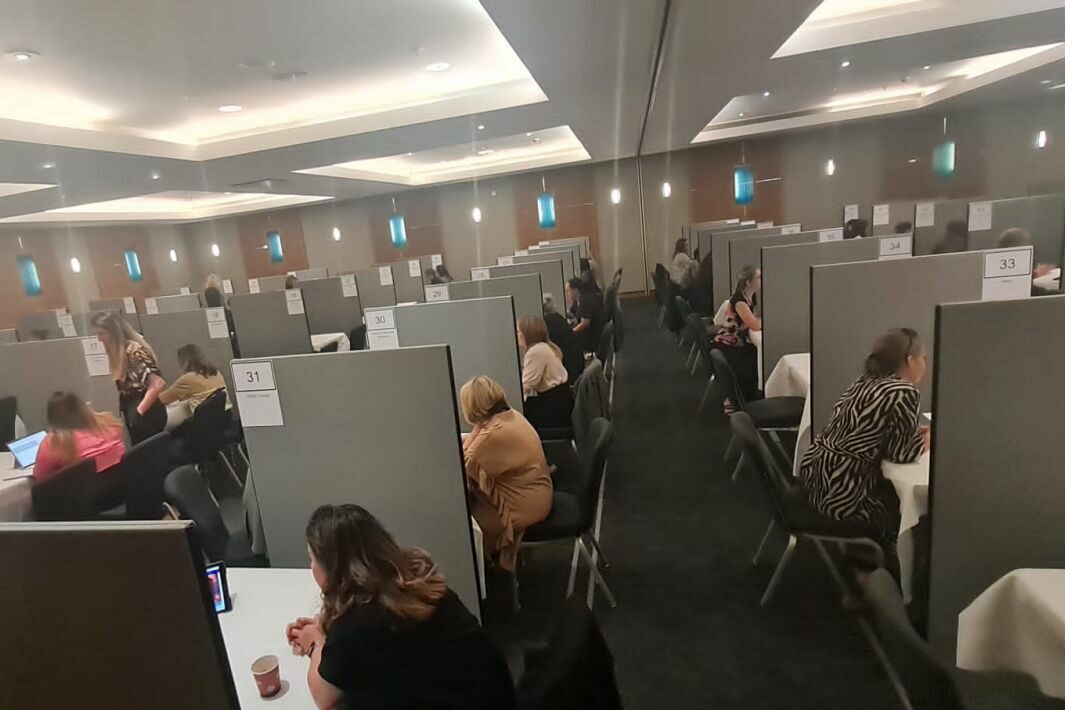Megan Trzcinski, director of office services recruiting at LaSalle Network, a staffing, recruiting and culture firm, reveals why assistants should master more soft skills to help them become an essential tool in the workplace.
Being an assistant is not easy. You’re dealing with different personalities and communication styles, juggling multiple urgent requests, managing your own to-do list and figuring out which tasks or projects should take top priority. While technical skills like Microsoft Office proficiency, travel coordination abilities, and calendar management skills are important, the soft skills are what really separate the good assistants from the great ones.
Below are four often overlooked soft skills that any assistant should master in order to become indispensable to their team or executive.
Seeing the big picture
An assistant is often the first line of communication someone has with an organisation or executive. Because of this, assistants collect a great deal of information every day. While a good assistant knows how to take messages and pass along pertinent details to the individual or team that they support, a great assistant can recognise when a piece of information is urgent or when it could pertain to other members of the organisation.
While you may just support one person or one department, recognise that you don’t work alone. Pay attention to the bigger team and keep a pulse on what’s going on around you.
Being level-headed
When faced with an emergency, panicking can affect a person’s ability to demonstrate good judgment and think critically. This is true in the workplace, too. Assistants are often in stressful situations, including managing deadlines, frequently shuffling overbooked schedules and dealing with demanding executives who may be projecting some of their own stress. In these situations, knowing how to manage emotions and stay calm is critical.
No one likes to be around stressed people all the time, so try to be a calming presence for the office or executive you support. Simple things like talking at a normal pace and keeping a natural tone of voice can help ease one’s own stress and help relax those around you, too. By remaining level-headed in the face of stress, you can boost your own productivity and enable your co-workers to work more efficiently as well.
“While you may just support one person or one department, recognise that you don’t work alone. Pay attention to the bigger team and keep a pulse on what’s going on around you.”
Being a connector
Assistants know their organisation and its staff inside and out. When someone is dealing with an issue or has a particular question, great assistants know where to direct them and how to ensure that the matter gets resolved quickly.
Get to know different groups within your organisation. Understand what each team is in charge of and how they operate. If you know who the subject matter experts are, you can quickly get people in touch with the person or team that will be best equipped to help them.
You can accomplish this by investing in your office relationships. Eat lunch or grab coffee or drinks with co-workers from other teams. Building rapport with different colleagues can strengthen overall internal communication and even contribute to the company culture.
Being self-aware
When interacting with many different individuals with various needs, administrative professionals may need to adjust how they’re communicating from person to person. It’s important to be self-aware enough to know how your typical communication style comes across, and then to adjust it based on the situation or person you’re dealing with.
Additionally, since assistants are often the first contact someone has with an organisation or individual, think about how you’re coming across to the outside world. Are you warm and friendly? Think about how your organisation would want to be represented and match that.
Reflect – think about the interactions and conversations you have had with people, both internal and external. What were their reactions? This will help you be more in tune with how you are perceived and increase self-awareness.









